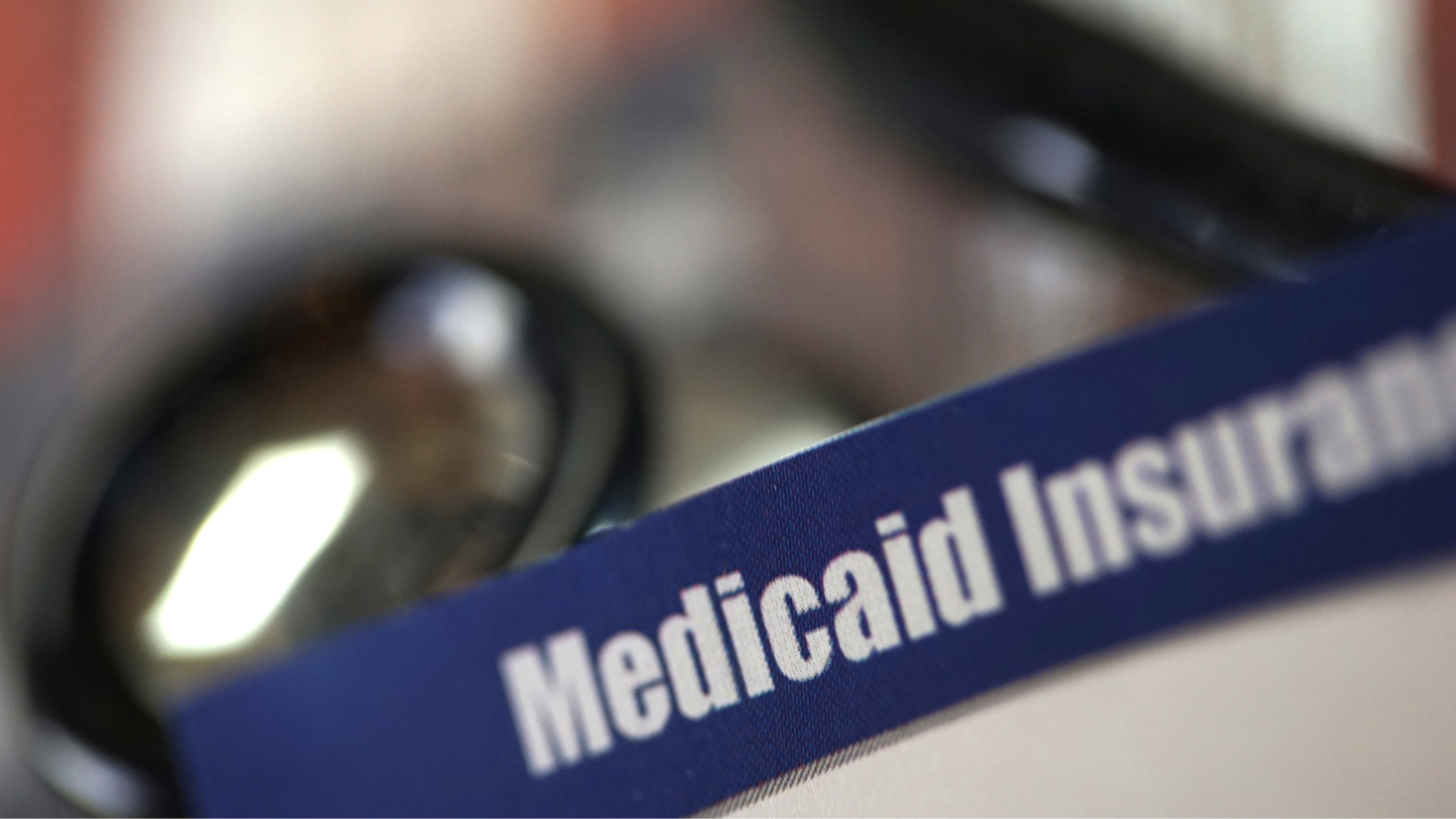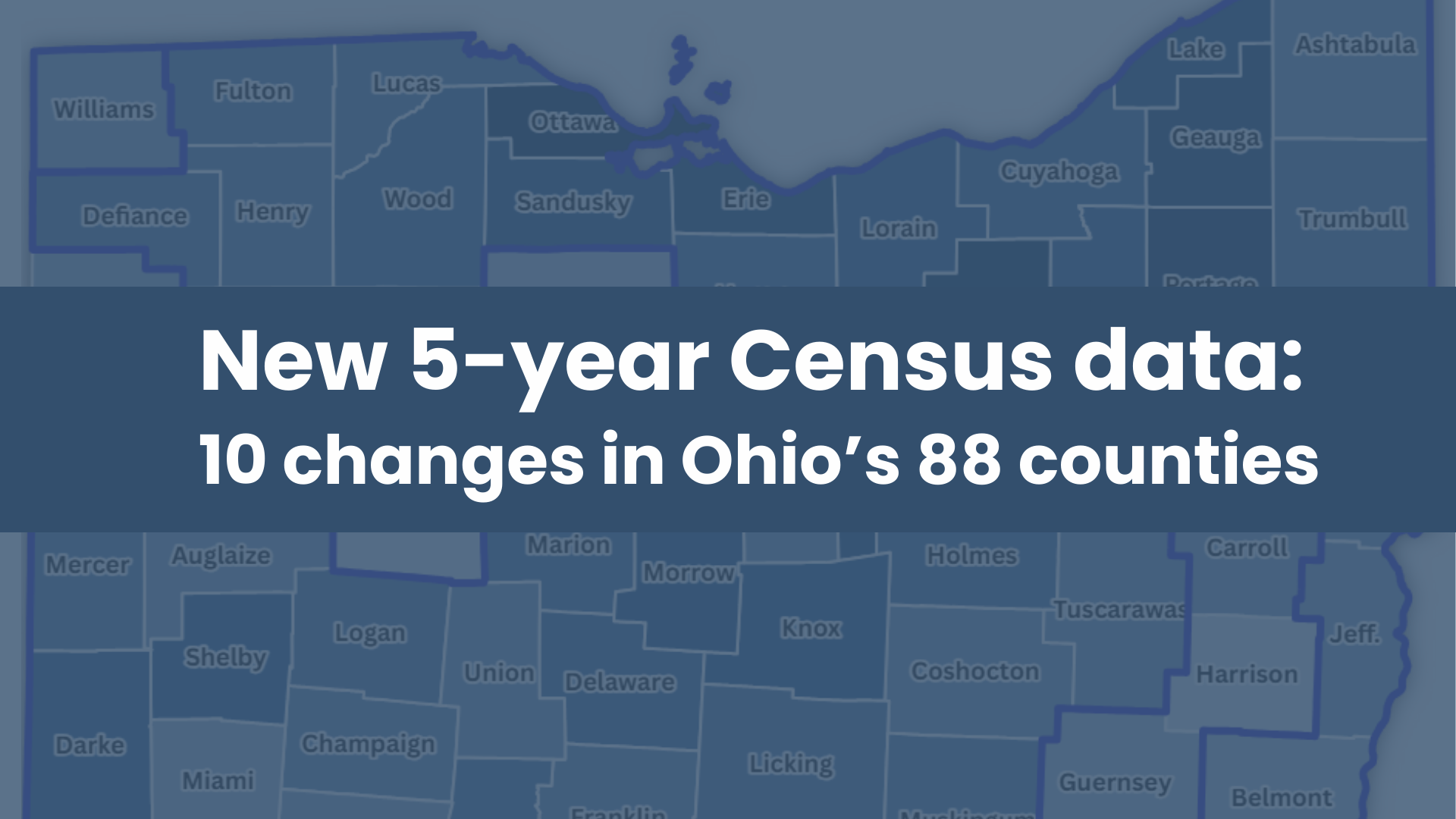There are two public health crises affecting our country: COVID-19 and racism, both of which disproportionately impact Black Americans. The most recent events in the decades of police violence against Black communities are intensifying the effects of a third crisis: mental health. Due to the pandemic, there is an overall concern about mental health for the general public, because of the impacts of things like social isolation, job loss, fear of contracting the virus and grief. Since African-Americans are already at an increased risk of contracting the virus because of racial disparities, mental health concerns due to fear and grief have been intensified in Black and brown communities across the country who have witnessed and protested the recent police killings of Ahmaud Arbery, George Floyd, Breonna Taylor, Desmond Franklin and many others.
Researchers concluded that regardless of race, being stopped by the police resulted in compromised mental health.
One study shared results of a telephone survey of men, ages 18 to 26, in New York City who were asked about their mental health after encounters with police. Researchers concluded that regardless of race, being stopped by the police resulted in compromised mental health, and that those who experienced more intrusive contact—frisking, physical “use of force,” harsh language, or racial slurs—had greater anxiety and trauma.[1] The study also suggested that worsened mental health could occur even after lower levels of contact not involving an arrest or incarceration, therefore putting urban residents, who may interact with police more frequently, at an increased risk.[2]
In addition, police violence affects not only the mental health of its victims, but also the mental health of those not directly involved. The Lancet medical journal published a study examining the spillover effects of police killings on Black American mental health. Researchers found that the general population of Black Americans reported experiencing poor mental health days for months after the victimization of other unarmed Black Americans.[3] It was estimated that the level of mental health burden experienced was similar to the emotional strain of someone who has diabetes.[4]
Police violence affects not only the mental health of its victims, but also the mental health of those not directly involved.
A recent forum hosted by the City Club of Cleveland explored this issue. During “Black Mental Health Matters,” moderator Dr. Lisa Ramirez cited that Black people are 20 percent more likely than their white counterparts to report serious mental health issues.[5] A panelist from the forum, Dr. Shemariah J. Arki, went on to discuss how systemic racism causes “generational trauma”—meaning trauma can be passed down to following generations of a family. This trauma, Arki said, is then compounded by the images and videos of police violence against Black individuals in the media. Reverend Courtney Jenkins later added that Black individuals are often forced to ignore the reality of their traumas when interacting with white peers who do not acknowledge their suffering in environments like work. Living in this constant state of “double consciousness” causes “re-traumatization”, which contributes to poor mental health.
Unfortunately, Black individuals often may not seek mental health supports because they cannot access them. In the same City Club forum, Ramirez stated that Black people are seven times more likely than whites to live in areas that have limited access to mental health resources. Furthermore, when therapy and other supports are used, Black people are often met with provider bias and inequality in their care. Black mental health providers are also underrepresented. Clinical psychologist, Dr. Marsheena Murray and Habeebah Grimes, CEO of Positive Education Program, stated how health systems and trauma-informed frameworks are often neutral, indifferent or completely lacking cultural sensitivity towards the suffering of Black individuals. For instance, Black children are frequently diagnosed with “disruptive disorders” for issues that would be diagnosed as depression in white children. The panelists expressed how the inherent trauma of racism and bias in Black people is often not recognized in these systems.
Black individuals often may not seek mental health supports because they cannot access them.
The recent incidences of police violence are just the latest in a centuries-long history of events that have traumatized Black Americans for generations. It is clear that systemic racism and its prevalence in the persistence of police violence against Black Americans is taking a toll on mental health, in the already stressful time of COVID-19. Black people are frequently encouraged to take care of their mental health in stressful times like these. But, they cannot be expected to do so in a system that often does not acknowledge, recognize and heal their trauma.
[1] https://www.ncbi.nlm.nih.gov/pmc/articles/PMC4232139/
[2] https://www.ncbi.nlm.nih.gov/pmc/articles/PMC4232139/
[3] https://www.ncbi.nlm.nih.gov/pmc/articles/PMC6376989/
[4] https://www.ncbi.nlm.nih.gov/pmc/articles/PMC6376989/
[5] https://www.cityclub.org/forums/2020/06/16/black-mental-health-matters







